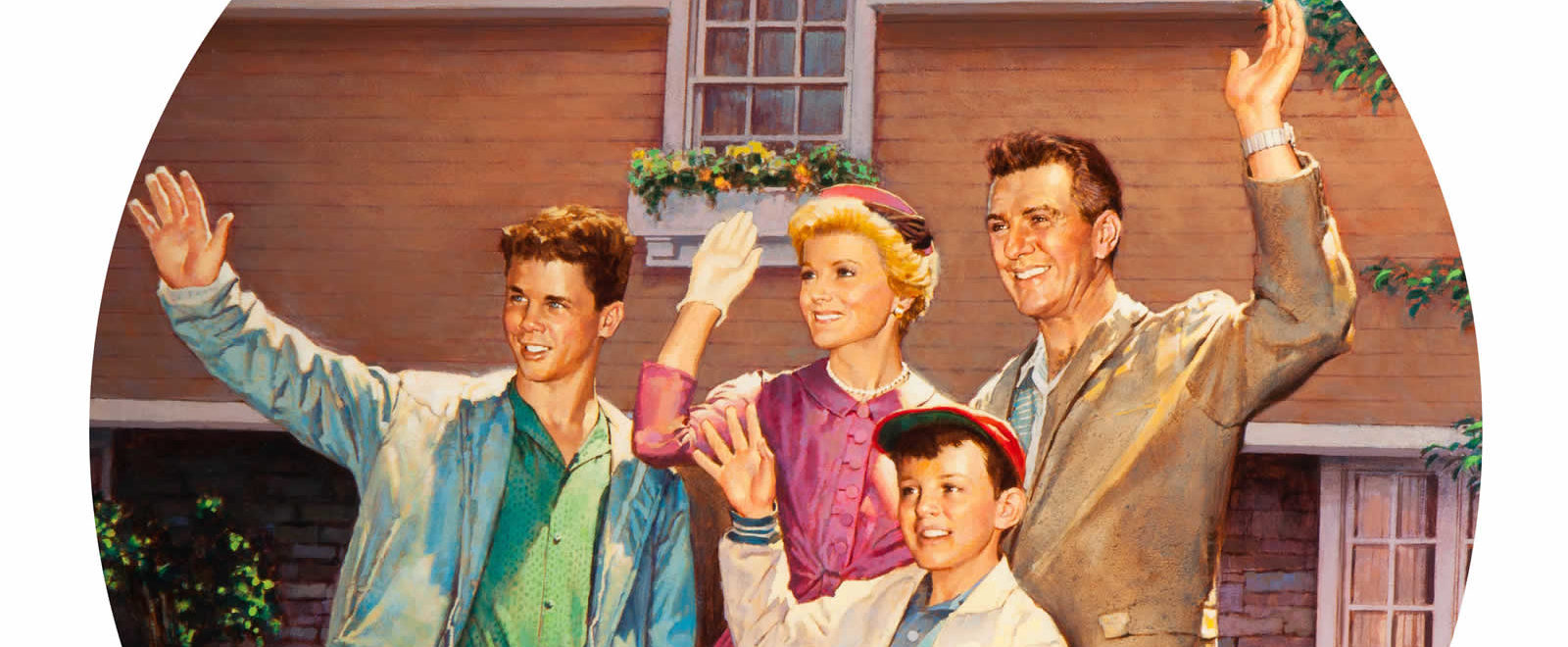RESEARCH SHOWS YOUR PLEASANT PASTIME IS, IN FACT, GOOD FOR YOUR HEALTH, WELL-BEING
By Stacey Colino
Whether you collect historical documents, sports memorabilia, Golden Age comics, vintage toys or photographs, you undoubtedly realize that you’ve cultivated a hobby that’s personally meaningful. Did you know that your pleasant pastime is also good for your health and well-being? It’s true. In recent years, researchers have found that engaging in different forms of nostalgia confers a variety of emotional, psychological and social benefits.
PASSIONS
Variously described as a longing for things or people that aren’t present, or a wistful yearning for the past, nostalgia is a blend of feelings, thoughts and memories that occurs across all age groups, says Krystine Batcho, a professor of psychology at Le Moyne College at Syracuse, who has been studying nostalgia since 1995. Taking a stroll down memory lane, Batcho says, can improve your mood and stimulate inspiration and motivation, as well as foster social growth by eliciting compassion, empathy and altruism.
There are different forms of nostalgia, any of which may resonate with you, as a collector. With historical nostalgia, people tend to prefer or have affection for a particular time or an epoch in history that predates them (such as the Victorian era). There’s also collective nostalgia, which has more to do with events that were experienced as a group, or cultural appreciation for a period in the past. Sports nostalgia focuses largely on memorabilia of athletic victories from days gone by. Meanwhile, the personal form of nostalgia tends to involve a feeling of longing, missing or yearning for something from your past, which is why it can feel bittersweet. There’s even a phenomenon called anticipatory nostalgia, in which you can start missing the present before it’s gone.
Whatever form of nostalgia you’re susceptible to, “a clear picture of nostalgic individuals has emerged and it’s largely positive,” Batcho says. “People who score high on measures of nostalgia are deeply feeling on an emotional level and they use healthy coping strategies in stressful times, including getting emotional support from others, expressing their emotions and turning to religion, which can help ease stress and anxiety.” Research suggests that nostalgic folks also employ more goal-directed problem-solving approaches such as planning, strategizing, reframing a situation more positively, and taking action to improve a particular situation.
Some of these perks may stem, in part, from cooperative activity in the memory and reward systems in the brain. In a 2016 study, researchers from Japan found that while healthy women looked at pictures designed to arouse nostalgia, they had increased activity in their brains’ memory and reward systems on functional MRI scans. On a physical level, nostalgia can be good for you, too, because it can literally make you feel warmer when you’re in a cold environment, Batcho says.
What’s more, nostalgia can provide a greater sense of meaning in your life. Because nostalgic activities connect your past and present selves, they can help you develop and maintain a sense of personal identity and self-esteem by weaving together the threads of your own life story. Given this, it’s not surprising that reminiscing about the old days has even been found to help people with dementia. “Nostalgia builds up psychological resilience and buffers the person against threats to their sense of self,” explains Richard Cheston, a clinical psychologist and professor of dementia research at the University of the West of England. “Nostalgic memories are very different from other sorts of memory – they have a particular emotional quality and concern memories that are central to how people see themselves.”
The power of nostalgia can even be harnessed to benefit relationships. If you and a loved one spend time listening to records you used to love or looking at photos from your wedding or your travels, the experience is likely to bring you closer together. In fact, research from the University of Texas at Austin found that consciously remembering the good times in a romantic relationship provides a temporary boost to people’s satisfaction with the relationship. “Nostalgia provides a way to mentally re-experience positive memories throughout a relationship: Positive feelings and fondness often accompany these memories, and these associated feelings can help promote satisfaction with the relationship,” explains study co-author Allen Mallory, a doctoral student in human development and family sciences at UT-Austin.
Ultimately, enjoying nostalgic activities – such as perusing items in your collection or contemplating how life was (or is) in the era your collection is from – can enhance your perspective on the here and now and your appreciation for the past. By reflecting on what’s personally meaningful from the present and the past, Batcho says, you can gather inspiration and insights that can help you create a better vision for yourself for the future.
 STACEY COLINO is an award-winning writer based in Maryland whose work has appeared in Parade, Newsweek, Family Circle, and Prevention.
STACEY COLINO is an award-winning writer based in Maryland whose work has appeared in Parade, Newsweek, Family Circle, and Prevention.
This article appears in the Spring/Summer 2019 edition of The Intelligent Collector magazine. Click here to subscribe to the print edition.

